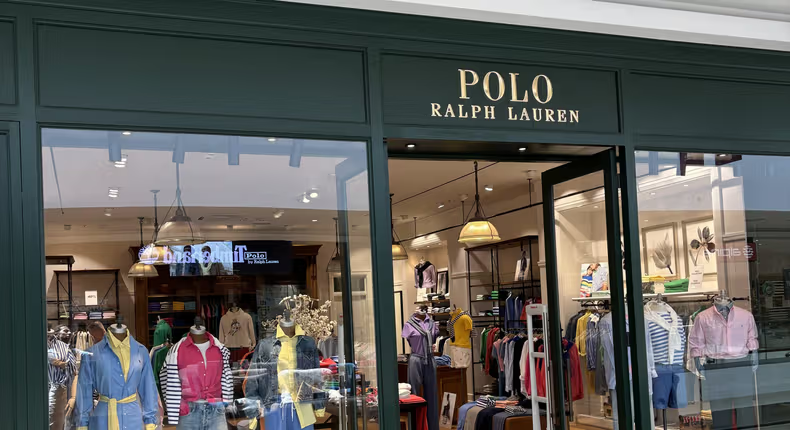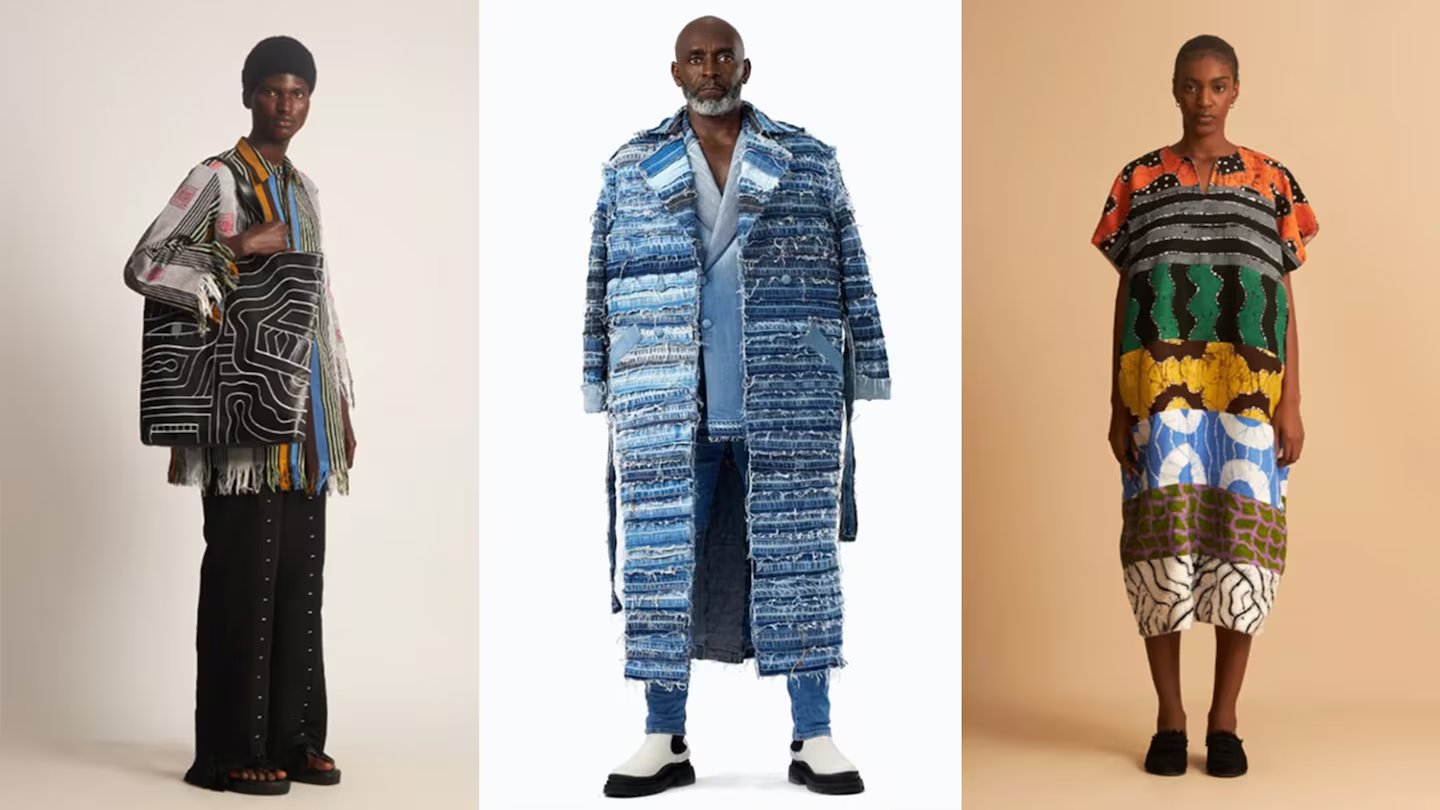Lagos Fashion Week 2025 felt less like a seasonal trade show and more like a declaration: Nigerian design is rewriting the grammar of contemporary fashion. Across packed tents and pop-up venues, five labels—Emmy Kasbit, Oshobor, NKWO, Orange Culture, and Iamisigo—did more than show clothes; they offered layered arguments about craft, sustainability, gender, and the many futures of African luxury. Each collection arrived with a clear voice: some whispered heritage, others shouted innovation, but all leaned into a confidence that Lagos now makes and exports cultural code as surely as it makes noise.
Emmy Kasbit opened the conversation with a show billed “Rebirth,” a carefully crafted, almost ceremonial collection that seamlessly integrated Akwete weaving into sharply modern tailoring. His riff on King Jaja of Opobo worked on two levels—honouring a historical figure while insisting artisanal handwork belongs at the centre of cutting-edge menswear. Where many brands treat heritage as a costume, Emmy Kasbit treats it as a structural material, sewing ancestral cloth into silhouettes that read as both regalia and runway. The result was a collection that felt both civic and sartorial, a manifesto for why local craft deserves global attention.




Oshobor, by contrast, leaned into theatricality. Presented under the title “Night Has Come,” the collection moved like a short film—textural, moody and resolutely contemporary. Sculptural dresses, layered wools and precise draping suggested a designer fluent in both craft and concept; it was clothing that demanded movement to disclose its architecture. Footwear and accessories punctuated looks in ways that suggested Oshobor is thinking about total dressing—how a shoe, a hemline or a contrast stitch completes a narrative. The show has proven that Nigerian designers can not only orchestrate ambience but also create garments.




NKWO’s show felt like a warm, mischievous interrogation of nostalgia and sustainability. Designer Nkwo Onwuka has been quietly building a signature around up-cycled Dakala fabric, constructed from repurposed bedding and textile waste. In Lagos, she turned that practice into a story of schoolyard structures and Afrofantasy. The collection drew inspiration from uniforms and prep aesthetics, then reworked them with patchwork denim, unexpected trims, and a playful theatricality. It’s the kind of work that shows that sustainability doesn’t have to read earnest or apologetic; it can sing, flirt, and beguile, and in the process make waste look like possibility.




Orange Culture arrived as a more intimate, emotional proposition. Adebayo Oke-Lawal’s Label, now a veteran of the Lagos roster, used endearing fluid silhouettes and saturated palettes to explore memory and home. This season felt personal: the collection read like a love letter to lineage, a designer mining family archive and personal loss for formal vocabulary. Orange Culture has long been one of Nigeria’s most capable brands of translating local specificity into a global language, and this outing reinforced that strength; the pieces were wearable, editorial, and stubbornly modern at once.




Iamisigo closed the group with a practice that has always felt research-driven: Bubu Ogisi’s womenswear fuses historical textile techniques with sculptural forms. Iamisigo’s pieces are less about instant consumption and more about cultural excavation—designs carrying provenance in their weave and material. At Lagos, the label reminded audiences why preserving technique matters: garments that look forward because they first looked back, that transform remote craft knowledge into garments meant for global cities. In a season where the shorthand of “African print” can be flattened into cliché, Iamisigo insisted on nuance—on how depth of research produces depth of meaning.




Taken together, these five brands map a Lagos that is simultaneously local and cosmopolitan. The better moments of this week were not about spectacle alone, but about how designers are rethinking supply chains in ways that reject superficial exoticism and prioritise craft economies that sustain communities. From Emmy Kasbit’s celebration of weaving to NKWO’s elegant reclaiming of scrap, the work on the runway traced new architectures of value: durability, story, technical skill, and historical intent.
Of course, there were also practical takeaways. Several houses leaned into collaborations: hair partnerships, production partnerships, and staged presentations that blurred the line between performance and sale. Designers are learning the art of the narrative capsule-a collection is no longer only for buyers or editors; it’s content for platforms, a story for collectors, and a platform for cultural diplomacy. That strategy paid off in attention, with international outlets and buyers circling looks that married visual drama to clear technical competence.
If Lagos Fashion Week promises to be Africa’s creative engine, this season suggested the engine is firing on more cylinders. These five labels capture why: they are rooted in place but restless in ambition, conversant with craft yet hungry for reimagination. Fashion, after all, is a language of movement; Lagos spoke loudly this year, and these designers were its most fluent translators.

























